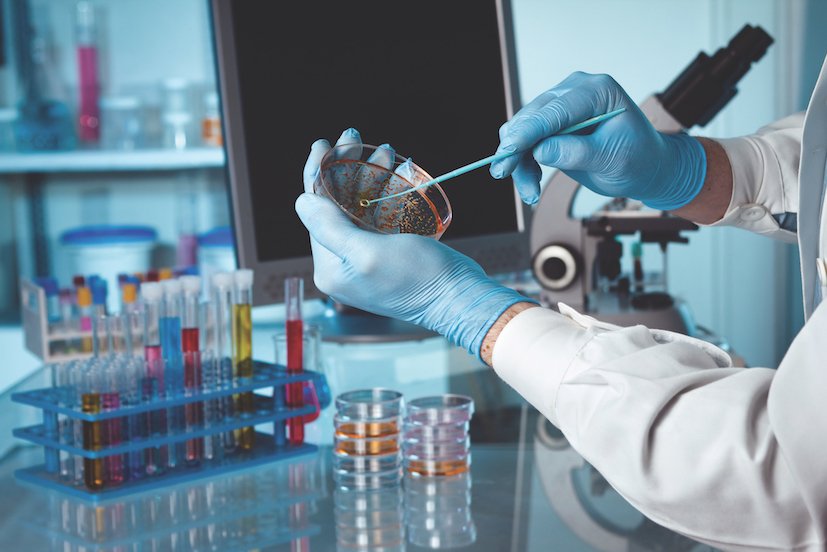IISc develops synthetic peptide to kill antibiotic-resistant bacteria
July 20, 2023 | Thursday | News
Study reinforces the importance of targeting topoisomerases as a valid approach to finding new antibiotics
image credit- shutterstock
Researchers at the Indian Institute of Science (IISc), Bengaluru have designed a short peptide capable of poisoning a key enzyme in disease-causing bacteria, including some of most deadly and antibiotic-resistant species.
Made from a short stretch of about 24 amino acids, the peptide mimics the action of a natural toxin which inhibits a class of enzymes called topoisomerases. These enzymes play a crucial role in unspooling and re-coiling bacterial DNA during replication and protein synthesis. They are an attractive target for antibiotics because the ones in bacteria are very different from those in humans.
Among the most widely used antibiotics are fluoroquinolones such as ciprofloxacin, which target these topoisomerases. However, overuse of these antibiotics around the world has led to the alarming rise of antibiotic-resistant bacteria, prompting scientists to pursue alternative strategies and molecules.
The team then tested the new peptide’s effect on the growth of several disease-causing bacterial species, including E. coli, Salmonella Typhimurium, Staphylococcus aureus and a multidrug resistant strain of Acinetobacter baumanii – both in cell culture as well as animal models. Depending on the species, the peptide was found to either block or “poison” a specific type of topoisomerase – an enzyme called DNA gyrase in many of them.
Since the peptide binds to a different site on the bacterial enzyme than ciprofloxacin, the researchers believe that it provides leads for identification of drugs that can be used as a combination therapy with existing antibiotics.









